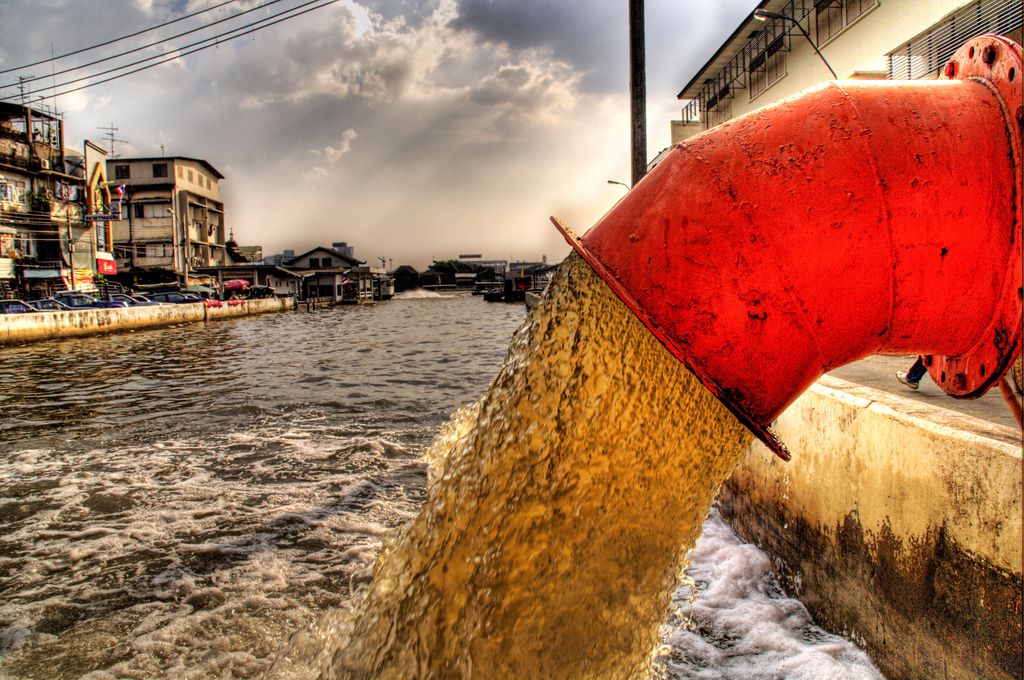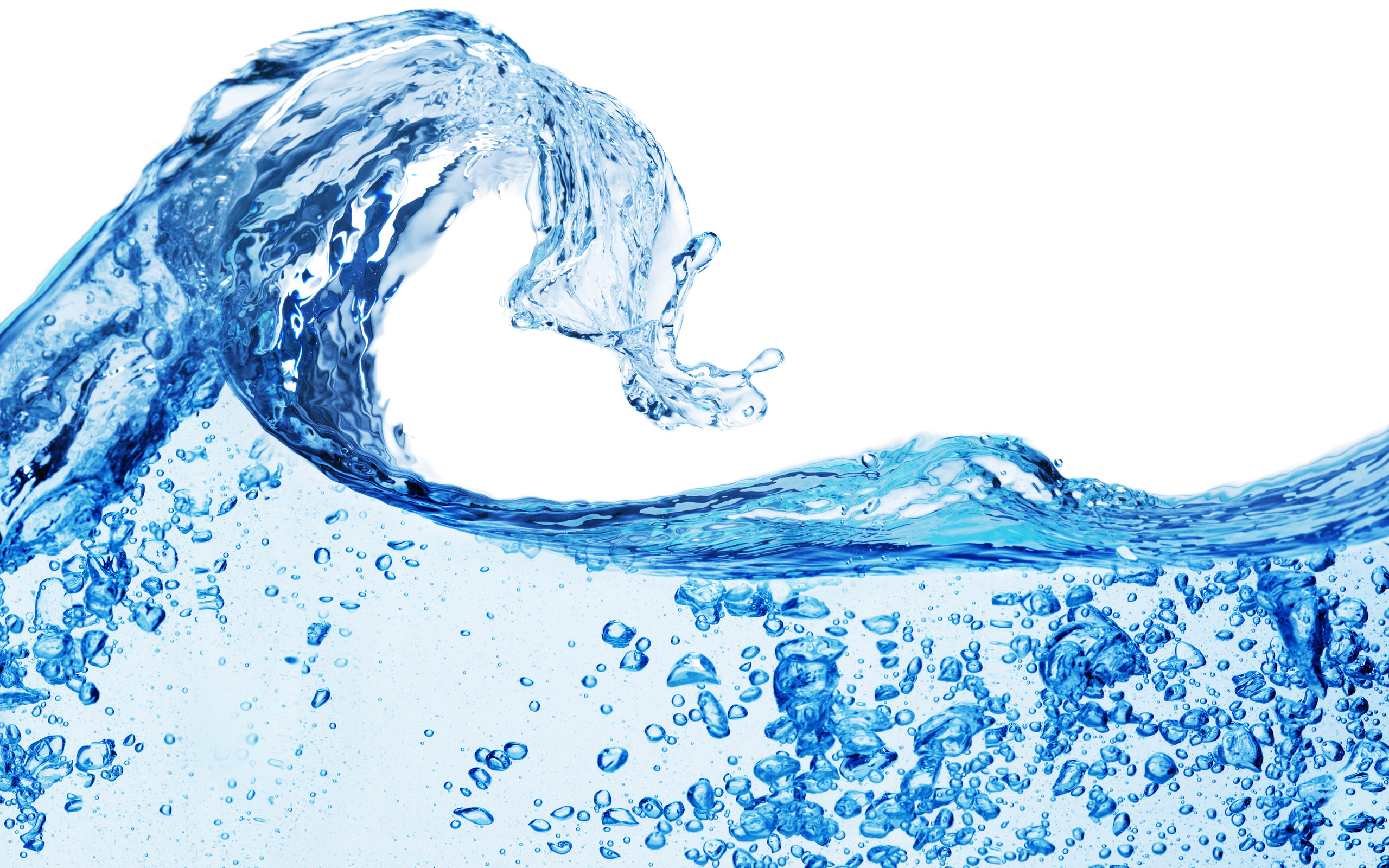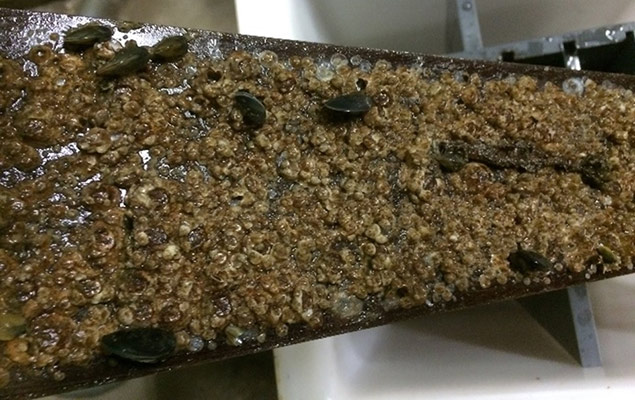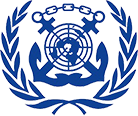NATIONAL AND INTERNATIONAL ADVISORY ON IMPLEMENTATION OF THE 2004 BWM CONVENTION ON THE MANAGEMENT OF BALLAST WATER
Ordinance 07/2017-DPAM-of Argentinean Authority Coast Guard. Ballast Water- YEAR 2004.-IMO
The International Convention for the Control and Management of Ships' Ballast Water and Sediments, 2004 entered into force worldwide on September 8, 2017.
The Ballast Water Management Convention or BWM Convention (full name International Convention for the Control and Management of Ships' Ballast Water and Sediments, 2004) is a treaty adopted by the International Maritime Organization to help stopping the spread of potentially harmful aquatic organisms and pathogens in ballast water.
Since September 8, 2017, vessels must manage their own ballast water to suppress or neutralize aquatic organisms or pathogens before the ballast water is discharged to a new location. In this way, the spread of both aquatic organisms and potentially harmful pathogens can be prevented.
The International Maritime Organization is the specialized agency of the United Nations that deals with the safety and security of international shipping and the prevention of environmental pollution, including the protection of the atmosphere from any harmful effects of shipping.
.
From the date of entry into force, vessels in international traffic must manage their own ballast water and sediments according to a certain standard, in accordance with a ballast water management plan specific for each vessel, they must carry on board:
- Ballast Water Management Plan: specific for the vessels, provides a detailed description of the measures to be taken to implement the ballast water management requirements and the respective complementary practices indicated in this Convention.
- A ballast water record book: used to record when ballast water is taken on board; when it is distributed or treated for ballast water management purposes and when it is discharged into the sea. It also records when ballast water is discharged into a receiving facility and when accidental or other exceptional discharges occur.
- International Ballast Water Management Certificate (for vessels with a gross tonnage equal to or greater than 400): issued on behalf of the Administration (flag State) and certifies that she carries out ballast water management in accordance with the provisions of the BWM Convention. It also specifies which standard the vessel follows as well as the expiration date of the Certificate.




Jose Anibal Espindola
TITLES: Senior Technician in Maritime Safety - Environmental Analyst - Bachelor of Environmental Sciences
ADVISOR: Environmental impact evaluator in the environmental protection agency -APA- autonomous city of Buenos Aires / Independent professional in the provincial organization for sustainable development OPDS-, Bs. As.
AWARDS AND SCHOLARSHIPS: Port Management Spain Madrid OEA Organization of American states.
UNIVERSITY TRAINING: UCA
INSTITUTIONAL TRAINING: ARGENTINA NAVAL PREFECTURE
PROFESSIONAL BACKGROUND:
• Effective withdrawal from the argentine Authority Coast Guard with the degree of Chief Officer, "Prefecto"..
• Head of emergency plans section in the environmental protection directorate of the coastguard PNA building. 1999-2001
• Environmental advisor: Company Ecopetrol - Bahía Blanca. 2007
• Head of Operations Division: PNA Bahía Blanca. 2008
• Head of Services: PNA, Puerto Buenos Aires. 2009 and 2010
• Environmental Advisor: PNA, Comodoro Rivadavia: 2011-2016
• Environmental protection section head: PNA La Plata River zone. 2017
• Safety and Labor Health Advisor.
• Advisor on Oil Spill Control.
• Advisor of dangerous goods transportation.
• Operational applicability in response to oil spills and dangerous goods
• Preparation and analysis of contingency and emergency plans.
• Treatment of ballast water according to current Argentinean Regulations Ordinance 07/2017.
• Administrative and logistical applicability in ships.





